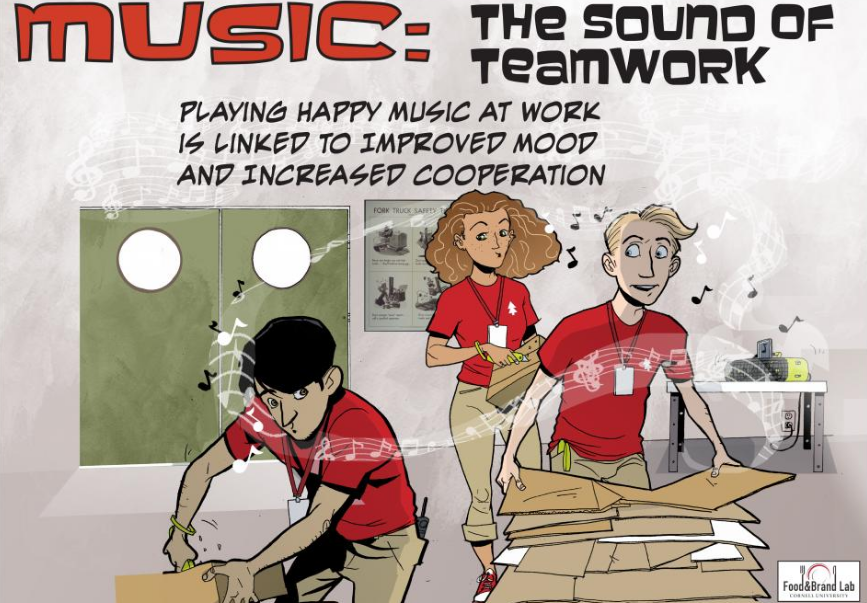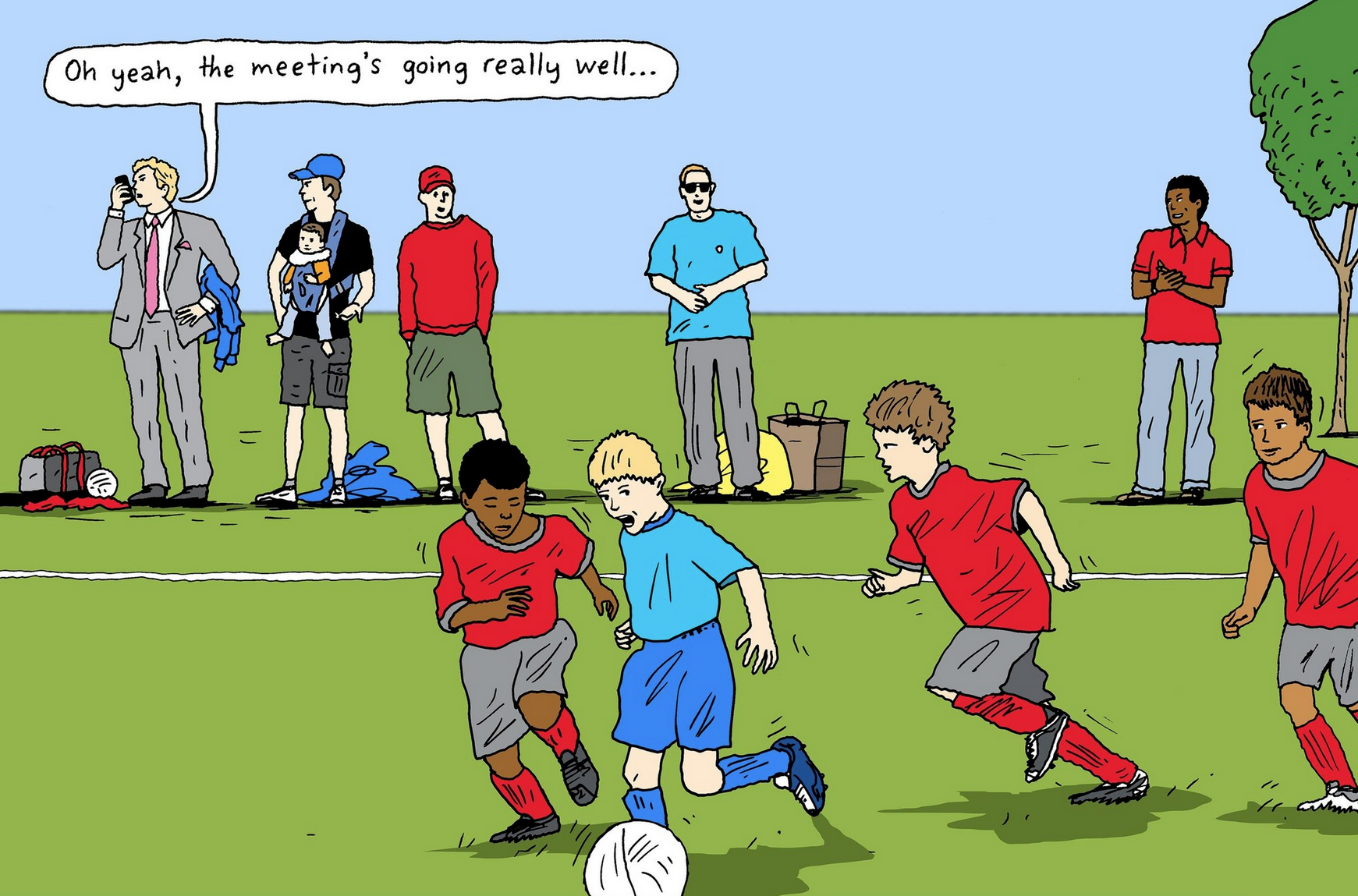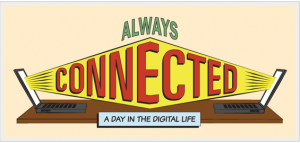 By Douglas LaBier • March 2, 2021
By Douglas LaBier • March 2, 2021
This is no surprise to most anyone who’s worked in corporations, but a recent study documents that narcissists truly do become successful more easily in many organizational settings. And that takes a toll on peers and others in their orbit, from their arrogance, insensitivity, need to control and dominate. This confirms and adds to empirical evidence what we see in workplace and career consulting, as well as in psychotherapy with men and women dealing with the emotional impact of work-related conflicts.
The study, published in The Leadership Quarterly, was described by Carly Cassella in Science Alert. She writes, “People who are fundamentally entitled, self-confident, manipulative, and callous do really well in the modern workplace…(and) those who scored higher in extraversion, overconfidence, self-esteem, dominance, and authoritarianism were more likely to get appointed CEO after a certain amount of time at their firm.”
Moreover, Cassella continues,
Narcissism is known to be a dark trait, and individuals who are characterized by higher levels of narcissisms are known to procure negative outcomes for the firm, such as financial crime, tax avoidance, less collaborative cultures and more. Some studies have shown, for instance, that narcissistic CEOs are tied to unequal compensation, lower employee satisfaction, and a lack of communication in the workplace. They also appear more willing to commit crimes for the sake of the business.
“Once they’re in power, narcissists consolidate their position by firing everyone who challenges them,” explained psychologist Charles O’Reilly for the Stanford University newsroom in 2020. “In their place rise a plague of toadies, opportunists, and enablers equally guided by self-interest and short on scruples. So you end up with these individualistic cultures with no teamwork and low integrity. We’ve documented this in a bunch of Silicon Valley tech firms.”
Credit: Pexels/Dinielle De Veyra
















































